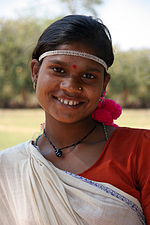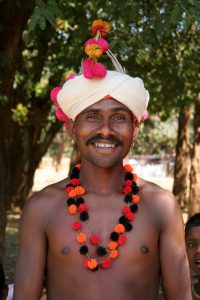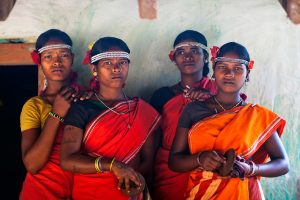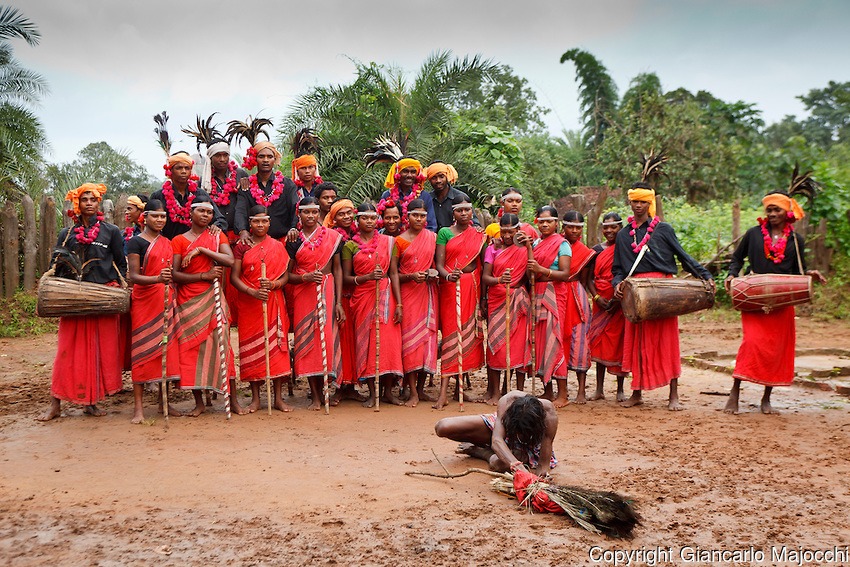India: The land of Kamasutra where there are Khujarao’s sex temples and people here worship ‘Shivalingas’ but still the word ‘sex’ is a taboo for the majority of the people here. It is a topic that should be discussed within the four walls and is considered a shameless act if spoken openly in the public.
Muria Tribe Chhattisgarh
What if I tell you that there is an indigenous tribe residing in the Bastar district of Chhattisgarh where sex is not considered taboo and not only that but the practice toward the sex and sexuality will have you mesmerized. Muria’s, an indigenous tribal group that is decades old than our modern era and is decades ahead when it comes to choosing one’s partner, exploring one’s sexuality and involving in different activities(including sex).

Muria people are traditionally animists and have their own deity that they praise throughout their lives and show a feeling of sorrow on their death. Around 20,000-25,000 Muria people have been scattered throughout the Narayanpur Tehsil in the west and Kondagaon Tehsil in the east. Generally, they produce enough food for themselves to sustain which includes vegetables, rice, dal etc. They are very open to sex and sexuality and often exchange sex-themed jokes as they grow old and may freely grab each other’s breasts.
However, the distinct feature that separates the Muria from others is ‘The Ghotul: a dormitory established to create an environment for the new generation of the Muria tribe to explore their sexuality’. The ritual takes place at nighttime where drums are played, songs are sung, food is served and youth dance, play and tease each other.
The ritual starts by introducing himself or herself to their partners, the girl selects one boy and takes out a wooden comb from a pot, which has the name of the boy she wants to spend the time. The comb is placed on the girl’s hair with her permission and couples are decided.

As night falls, the couple goes to the dormitory where they spend the rest of the time either by taking or by having sexual activities. There they can fulfill their physical and emotional needs to check the compatibility of their partner and test whether they are satisfied with their desire or not.
The open practice comes with some rules to follow where the girl must be at least 18 years old, the boy must be 21 years old at the time of the ritual, and group sex is discouraged. The youngsters at also the part of this ritual where they play a role by cleaning and preparing food for those who are residing in the dormitory.
At the end of the seventh day, the pair must decide whether to stay with each other or they must find a new partner. The boy ends the ritual then by giving a flower to the girl and if she accepts the flower, the couples are said to be married. However, if she rejects the flower she can look for a new partner and the boy cannot force her to marry him.

The beauty of Muria’s tradition is allowing the girls to say ‘NO’ and the consent of the girl is very important. The Motiari (Muria girl) can reject a Chelik (Muria boy) even if she had accepted the flower and said yes in the first place if she wants. Muria people often choose their own cousins, which is a common practice in their tribe for marriage. They even do not take dowry for marriages.
Image source: Wikipedia and google



